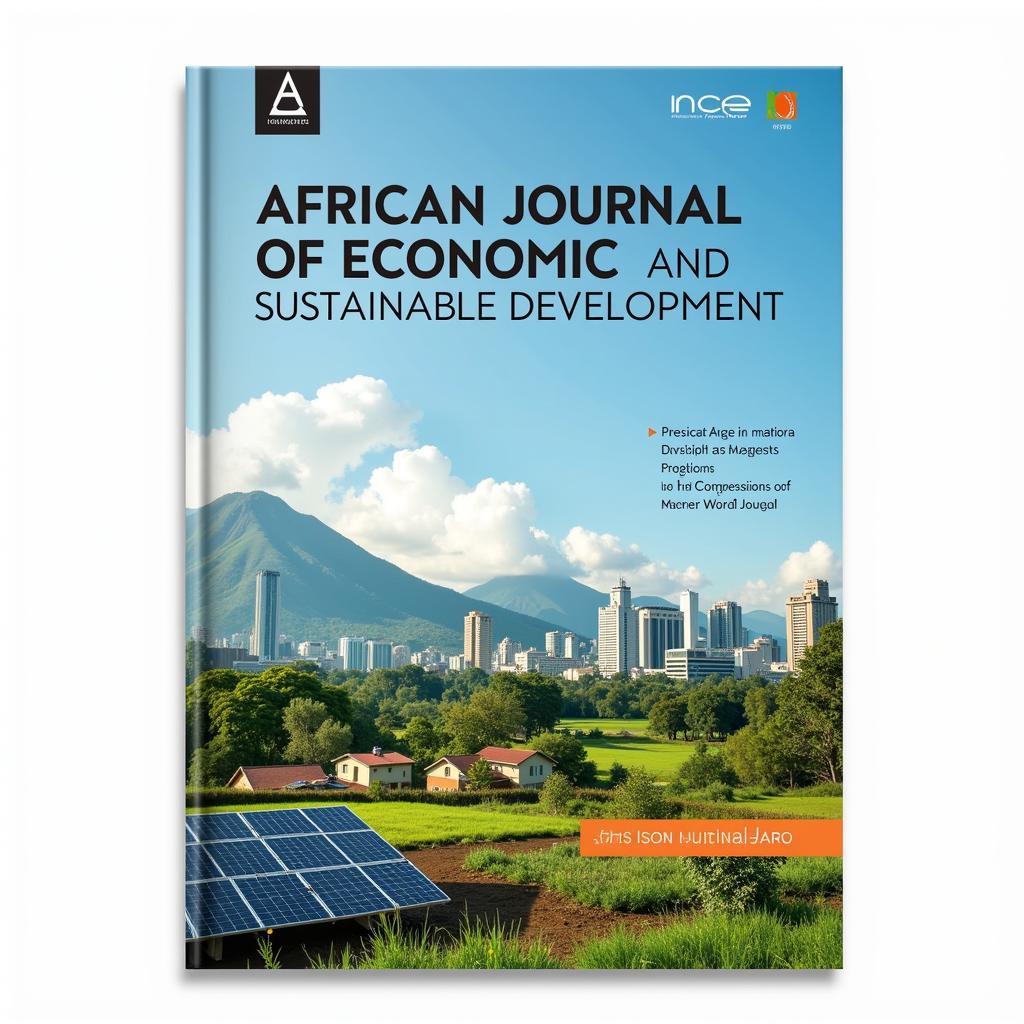Understanding the African Financial Year: A Guide for Investors and Businesses
The African continent is home to a diverse range of economies, each with its unique financial practices and regulations. One key aspect of understanding the financial landscape of Africa is grasping the concept of the African Financial Year. Unlike the traditional calendar year (January to December) used in many parts of the world, several African countries follow a different fiscal year, often aligned with their unique weather patterns, agricultural cycles, or historical factors.
Why Do African Countries Have Different Financial Years?
There are several reasons why African nations adopted financial years distinct from the standard calendar year:
- Agricultural Dependence: Many African economies rely heavily on agriculture, with harvests and planting seasons coinciding with specific periods of the year. Aligning the financial year with the agricultural cycle makes budgeting and financial planning more efficient.
- Climate and Weather Patterns: Tropical and subtropical regions in Africa experience distinct wet and dry seasons. These weather patterns significantly impact economic activities, so aligning the financial year with these cycles helps optimize resource allocation and economic management.
- Historical Legacy: Some African countries inherited their fiscal years from colonial powers, who often implemented financial systems tailored to their own needs and priorities.
Common African Financial Year Variations
Here’s a breakdown of how the financial year differs across some African nations:
- July to June: This fiscal year structure is prevalent in several southern African countries, including South Africa, Botswana, Namibia, and Zimbabwe. It aligns with the region’s winter season (June to August), when the economy is generally less active, and the subsequent rainy season, which often brings increased agricultural production.
- July to June: Countries like Kenya, Tanzania, Uganda, and Rwanda also adopt a July to June financial year, reflecting their agricultural dependence and aligning with their rainy seasons.
- July to June: The majority of West African nations, including Nigeria, Ghana, and Senegal, follow a July to June financial year, which correlates with the rainy season, crucial for agricultural activities in the region.
- April to March: Ethiopia follows a unique fiscal year that starts in April and ends in March. This aligns with the Ethiopian calendar, which is seven years and eight months behind the Gregorian calendar.
Impact of Different Financial Years on Businesses
The varying financial years across Africa present both challenges and opportunities for businesses operating within the region.
- Harmonizing Reporting: Businesses need to adapt their reporting processes to account for the different financial year cycles, ensuring consistency in their financial information.
- Tax Compliance: Companies must comply with tax regulations aligned with each country’s specific fiscal year.
- Financial Planning: Businesses need to adjust their budgeting and forecasting strategies to accommodate the unique financial year structures in different African nations.
- Investment Decisions: Investors must be aware of the financial year conventions in each country when evaluating potential investments in African markets.
Navigating the African Financial Landscape
“The diverse financial year structures in Africa can initially appear daunting,” says Dr. Fatima Omar, a leading economist specializing in African markets. “However, understanding these variations is crucial for investors and businesses seeking to maximize their opportunities in this dynamic region.”
Dr. Omar emphasizes the importance of careful research and consulting with local financial experts to navigate the complex financial landscape of Africa effectively.
FAQs
Q: What is the most common financial year in Africa?
A: The most frequent financial year in Africa is July to June.
Q: Why do some African countries have a different financial year than the standard calendar year?
A: African countries have different financial years due to factors like agricultural dependence, climatic patterns, and historical legacies.
Q: What are some of the challenges businesses face due to different financial years in Africa?
A: Businesses need to adapt their reporting processes, ensure tax compliance, adjust their financial planning, and adapt their investment strategies to accommodate different financial year structures.
Q: How can I learn more about specific financial year regulations in different African countries?
A: Consult with local financial experts, government websites, or specialized financial institutions for detailed information about financial year practices in each African nation.
Q: Why is understanding the African financial year important for investors?
A: Investors need to be aware of the financial year conventions to properly analyze financial statements, interpret company performance, and make informed investment decisions.
This article has provided a comprehensive overview of the African financial year, exploring its diverse variations and the implications for businesses and investors. Understanding these nuances is essential for navigating the complex and evolving economic landscape of the African continent.



